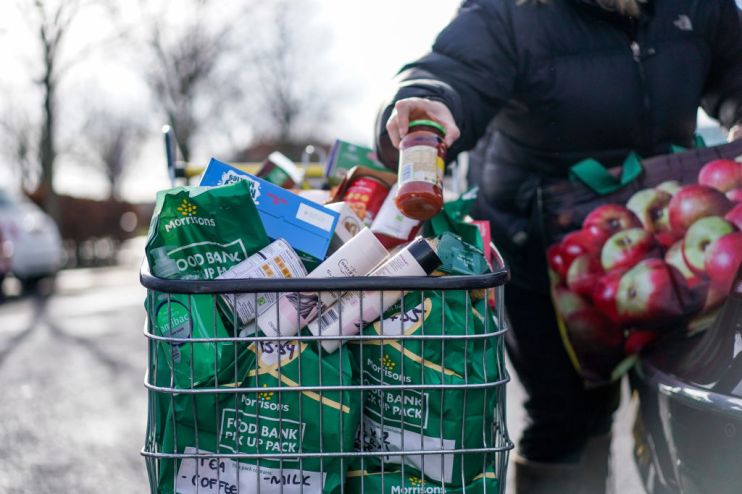Brexit adds £200 to Brits’ food bill, LSE study finds

Brexit piled on an average of £210 extra to household food bills in two years, a fresh research paper has found.
UK consumers paid a £5.8bn price tag in additional grocery costs, over the two years to the end of 2021, a study from the London School of Economics has found.
As low-income households fork out a greater share of their income on food than more affluent families, Brexit-driven price leaps had a larger impact on the poorest people, the paper from the university’s Centre for Economic Performance (CEP) concluded.
Researchers concluded that Brexit caused food prices to shoot up six per cent, after changes to trade between the UK and European nations.
“Many factors, affecting both supply and demand for goods and services, are involved, “Richard Davies, a professor at Bristol University and study co-author, said, as inflation hit 11 per cent this year.
“One factor in this high inflation has been the rise in non-tariff barriers for trade with the EU,” he said.
Brits are currently facing an extra £682 to their annual grocery bills, according to the latest data from Kantar, as well as elevated energy bills and fuel costs, causing them to adapt their shopping habits.
“Food and drink spending is generally non-discretionary so it’s not easy for shoppers to cut back the amount they buy,” Fraser McKevitt, head of retail and consumer insight at Kantar, said earlier this month.
Shoppers have been switching to discount supermarkets and opting for own-label products, to save on rising costs.